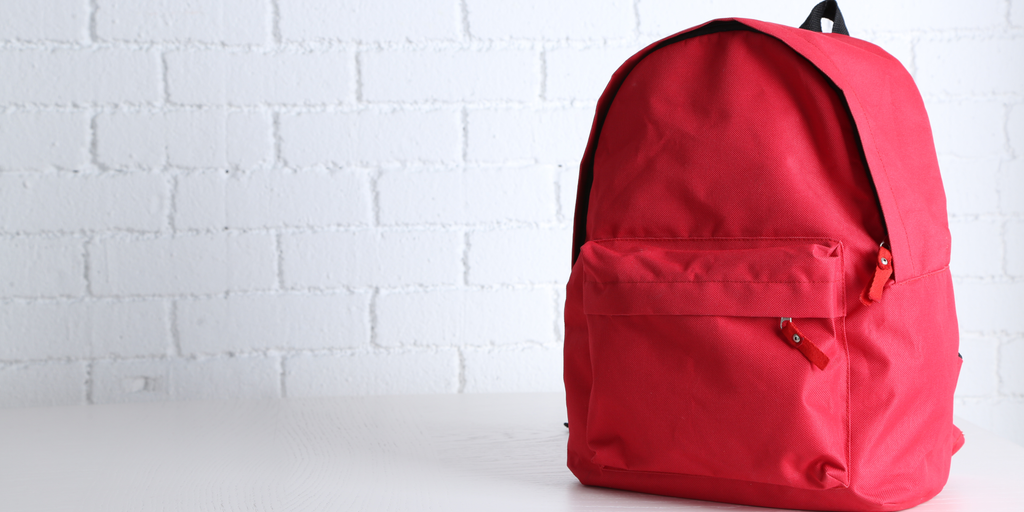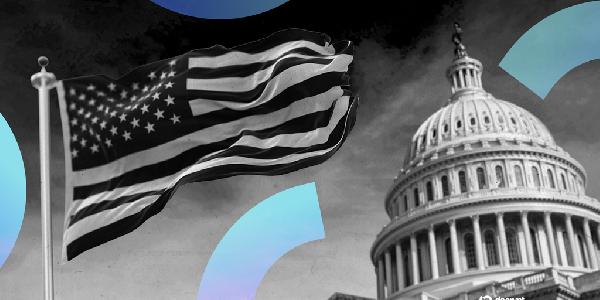Backpack’s crypto exchange will likely debut in the U.S. this year, starting with spot trading in several states, according to CEO Armani Ferrante.
The firm established by employees of defunct crypto exchange FTX has been focused on establishing itself within Japan and the EU, but it’s getting closer to attaining money transmitter licenses needed to operate on American soil, he told Decrypt.
“The U.S. has always been a priority for us,” the California native said from Japan. “It‘s the biggest market. It‘s my home market. It‘s probably the one that I know best.”
Backpack’s self-custodial wallet has been available in the U.S. since the company was established in 2022, but as the firm expanded into crypto trading, Ferrante said the company targeted regions like Dubai where it could operate as the business was being built.
Backpack’s European arm is registered in Cyprus, and earlier this week, it began offering perpetual futures in the EU under the organization’s MiFID II framework. Backpack acquired FTX EU earlier this year, salvaging part of Sam Bankman-Fried’s lost crypto empire.
In the U.S., Ferrante thinks Backpack’s focus on “trust minimization” will give it an edge. The company provides daily proof-of-reserve updates on its website, a method for verifying Backpack’s crypto holdings that “people don’t care about, until it’s too late,” he added. It’s obviously inspired by FTX, where Ferrante and others sustained fraud-induced losses.
“We should be pushing finance to be transparent, verifiable and privacy preserving on the order of not months or quarters or years, but on the order of days, minutes or seconds,” he said. “Time and time again, we‘ve seen how dangerous and brittle opaque financial systems are.”
Industry proponents have argued that regulators’ focus on enforcement actions during the Biden administration pushed jobs and innovation overseas. At a roundtable in France on Wednesday, SEC Chair Paul Atkins said the approach “was not only ineffective, but injurious” to the U.S.
But self-custodial wallets aren’t regulated in the U.S., so Backpack never technically left. In fact, the U.S. is already home to more Backpack employees than any other country, Ferrante said.
“We’re a bit of a weird example because we have two products,” he said, noting that users of Backpack’s wallets are mostly based within the U.S., too.
Backpack says its exchange has facilitated $170 billion in trading volume since 2024. If it can enter the U.S. soon, Ferrante thinks that could change quickly.
“It’s the market where we can get the most market share in the least amount of time,” he said, noting that he also has “friends and family there.”
Your Email










